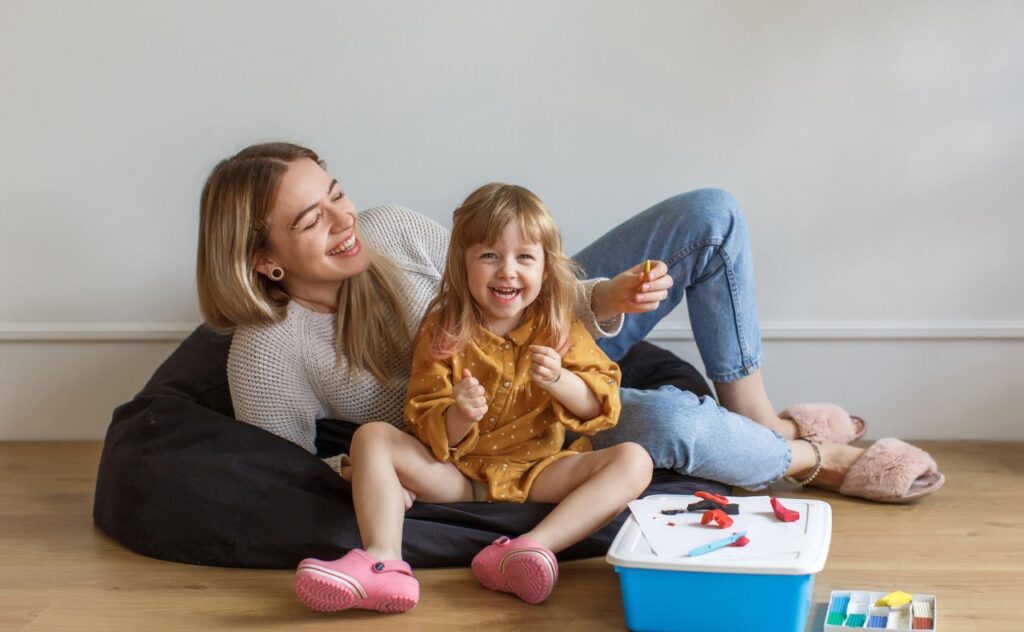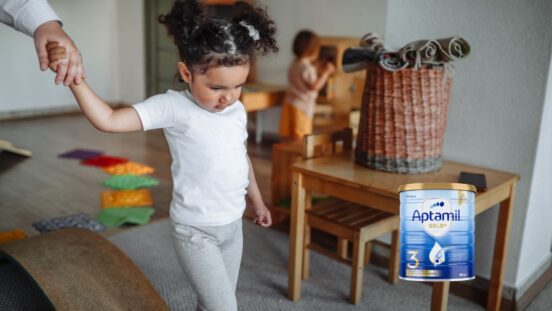Toddlers seem to have endless energy and it can be hard to get them to wind down before sleep. (Image: Getty)
Toddlers love to push boundaries to see what they can and can’t get away with, but if they don’t sleep … NOBODY sleeps!
Are you facing a nightly battle with your toddler at the mere mention of the word ‘bedtime’? It’s an all-too-common experience in homes all around the world.
However, sleep is essential for health and wellbeing, so it’s important to work on it to ensure that everyone in the house is getting the sleep that they need. Even party animal toddlers!
How much sleep does my toddler need?
We all know that sleep, and getting enough of it, can impact our days, however there are also health reasons that make getting enough sleep essential for our wellbeing.
Children, particularly very young children, need sleep for their growth, learning and development. It’s vital for your child’s physical health, brain function, emotional wellbeing and safety that they get the right amount of good quality sleep.
According to the Australian Government site HealthDirect, toddlers need between 10 to 13 hours (including naps) sleep every 24 hours in order to function well day to day.
The impact of not reaching those sleep goals may affect how your child will learn, and potentially impact their happiness. Not getting enough sleep may sometimes lead to mood swings, poor growth and behavioural problems.
My child wants to stay up all night
The toddler years can be full of boundary pushing. And while we want our children to feel confident enough to try new things, it would be much better for everyone if they didn’t try to assert that independence at bedtime!
It is common for toddlers to exhibit some resistance to sleep. Some may have trouble getting off to sleep and some simply may not want to stay in their bed. Fortunately, in most cases, establishing a positive sleep routine will help them feel comfortable and safe enough to drift off to the land of nod.
In some instances, if you have established a good sleep routine and your child is still facing problems falling or staying asleep, they may have a sleep problem.
HealthDirect lists common sleep problems as:
- sleepwalking
- wetting the bed
- night terrors
- teeth grinding
- snoring
- trouble breathing while asleep, or taking long pauses between breaths
If you think your child may have a sleep problem, especially if they have trouble breathing while they sleep, seek advice from a healthcare professional or your hospital emergency ward (for breathing problems).






